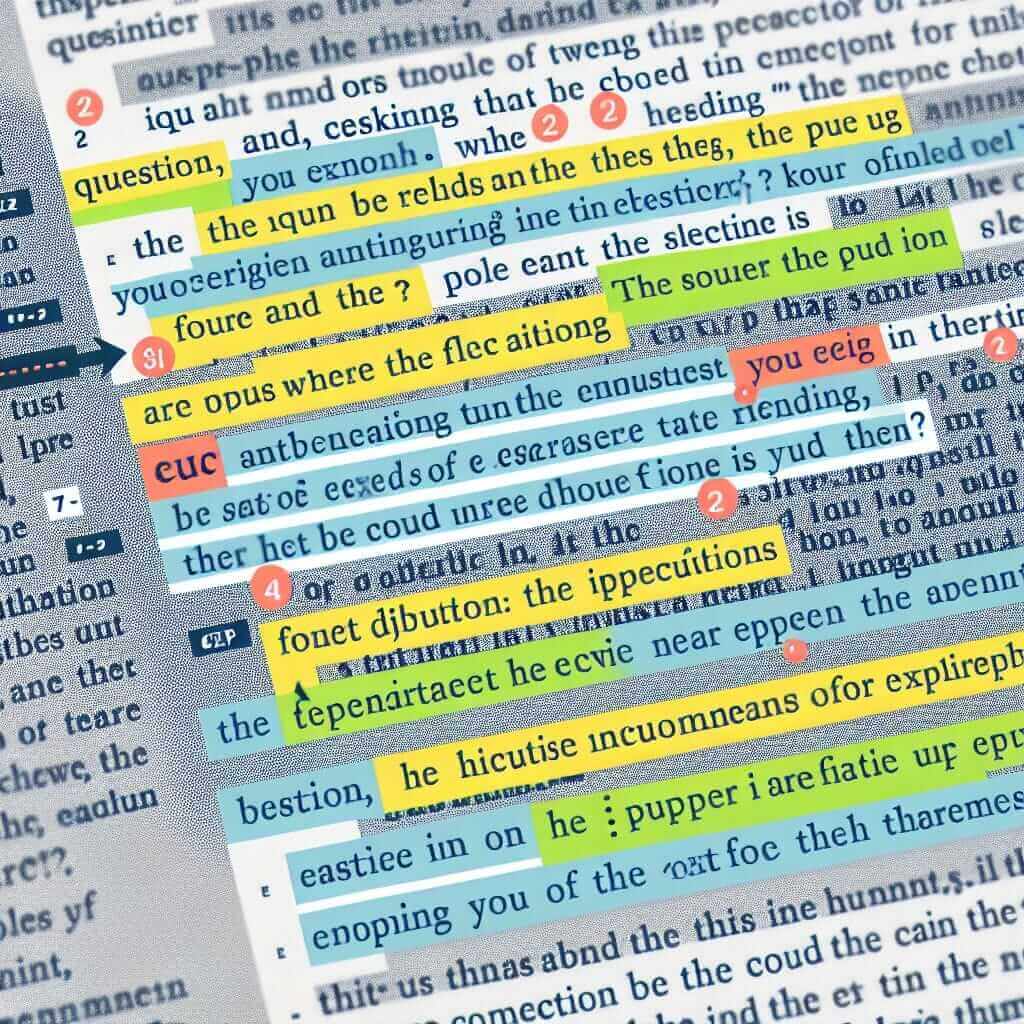The IELTS Reading test is often perceived as a daunting challenge, especially for those unfamiliar with its format and demands. However, with a strategic approach and consistent practice, you can confidently tackle this section and achieve your desired score. As an IELTS instructor with over 20 years of experience, I’m here to provide you with insights and techniques to excel in the IELTS Reading test.
Understanding the IELTS Reading Test
The IELTS Reading test assesses your ability to understand written English in an academic setting. It consists of 40 questions, and you are given 60 minutes to complete them. The test features three passages, each with a word count ranging from 650 to 950 words. These passages are taken from books, journals, magazines, and newspapers, covering a diverse range of topics.
Types of Reading Passages
The IELTS Reading test typically includes the following types of passages:
- Descriptive: These passages provide factual information about a particular subject.
- Analytical: These passages present viewpoints, arguments, or theories and require you to understand the relationships between ideas.
- Narrative: These passages tell a story or describe a sequence of events.
Question Types
The IELTS Reading test employs various question types to evaluate your comprehension skills. Some common question types include:
- Multiple Choice: Selecting the correct answer from a list of options.
- Identifying Information (True/False/Not Given): Determining if the information in the passage supports a given statement.
- Matching: Connecting information from the passage to a list of headings, summaries, or other options.
- Sentence Completion: Filling in gaps in a sentence using words from the passage.
- Short-Answer Questions: Providing concise answers based on information from the passage.
Effective Strategies for the IELTS Reading Test
1. Skimming and Scanning
Skimming involves quickly reading the passage to grasp the main idea and overall structure. Scanning is used to locate specific information, such as dates, names, or keywords. Employ these techniques effectively to navigate the passages efficiently.
2. Understanding Keywords
Identify keywords in both the questions and the passage. These words hold the key to finding the relevant information. Pay close attention to synonyms and paraphrasing, as the test often uses different wording to convey the same meaning.
3. Managing Your Time
Time management is crucial in the IELTS Reading test. Allocate your time wisely, aiming to spend approximately 20 minutes on each passage. Practice under timed conditions to simulate the actual test environment.
Example from an IELTS Reading Passage
Let’s look at an example to illustrate these strategies:
Passage Extract: “The Industrial Revolution marked a turning point in human history. It was a period of unprecedented technological advancement, particularly in Britain, where innovations like the steam engine transformed manufacturing processes.”
Question: What was a significant invention during the Industrial Revolution in Britain?
Analysis: Keywords in the question are “invention,” “Industrial Revolution,” and “Britain.” By scanning the passage, we quickly locate the sentence mentioning “innovations like the steam engine.”
Answer: Steam engine

Tips for Success
- Read Widely: Develop your reading comprehension skills by regularly engaging with diverse English texts.
- Practice Regularly: Familiarize yourself with the test format and question types by attempting practice tests.
- Expand Your Vocabulary: A strong vocabulary will enable you to understand the passages more effectively.
- Focus on Grammar: A good grasp of English grammar is essential for comprehending complex sentences and structures.
- Stay Calm and Focused: Approach the test with a clear mind and maintain concentration throughout.
Conclusion
The IELTS Reading test demands a combination of comprehension skills, vocabulary, and strategic test-taking techniques. By understanding the test format, employing effective reading strategies, and practicing consistently, you can enhance your performance and achieve your desired score. Remember, consistent effort and a focused approach are key to unlocking your potential in the IELTS Reading test.